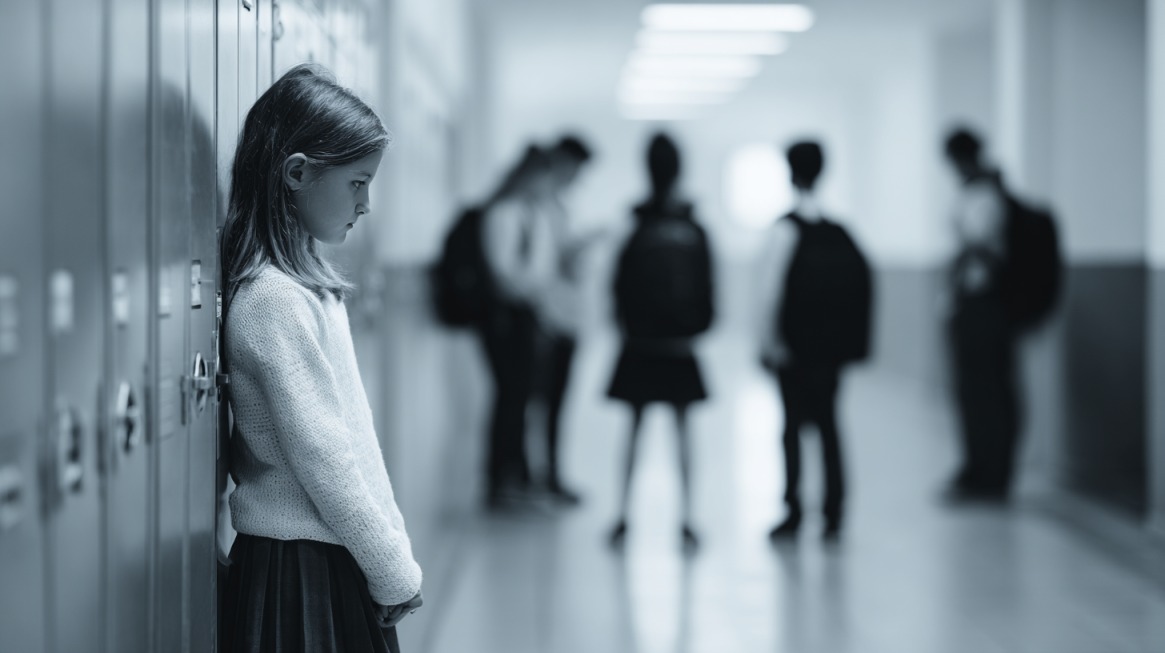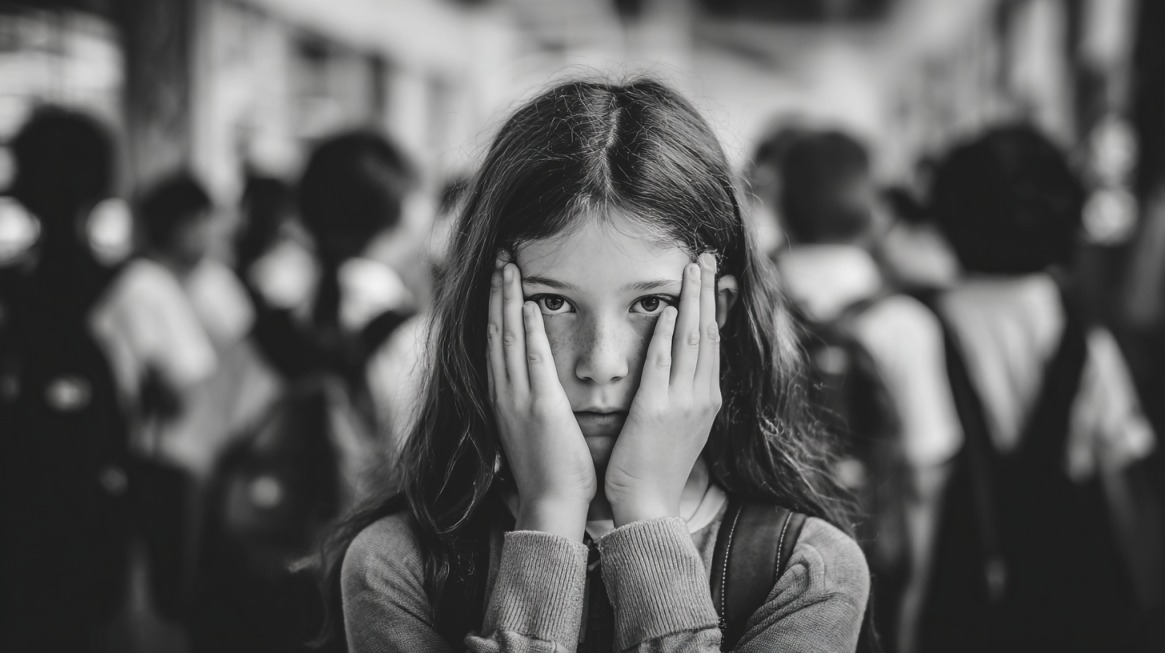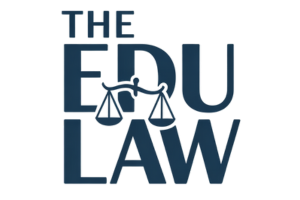Teachers often face questions about their legal liability related to academic grading. Many students wonder if they can sue a teacher for an unfair grade or failure to follow syllabus rules. The legal system generally protects teachers’ professional judgment in grading decisions.
Laws and court rulings place the responsibility for resolving grade disputes within the school’s administrative processes, rather than in the courts. Understanding the legal boundaries for teachers in grading helps clarify when complaints have merit and when they do not.
This article outlines key legal principles, student rights, and teacher obligations related to academic grading and potential legal actions.
Legal Standing of Teachers in Grading Disputes

Teachers generally cannot face personal lawsuits over the grades they assign to students. Legal responsibility for grading primarily rests with the school or educational institution, rather than individual instructors.
Courts recognize grading as a professional judgment that reflects academic standards and the expertise of educators. When students dispute a grade, schools typically offer administrative procedures, such as appeals and review boards, designed to address concerns internally.
Students are required to follow and complete these internal processes before seeking resolution through the courts. Judicial intervention in grading matters is rare and typically occurs only when there is intense evidence of discrimination, bias, or a clear violation of due process rights.
Courts avoid second-guessing academic decisions unless legal protections for fairness and equal treatment are at stake.
Discriminatory Harassment and Hostile Learning Environments in Schools

Harassment in schools happens when a student is targeted based on race, gender, disability, religion, sexual orientation, or other protected characteristics. This behavior creates a hostile and unsafe learning environment, affecting a student’s ability to focus, participate, and succeed academically.
Harassment includes physical acts, verbal insults, social exclusion, and other actions that degrade or isolate the student.
Schools can be held liable if they lack strong, enforced anti-harassment policies or fail to provide effective complaint procedures. Training for administrators, staff, students, and parents is essential.
When schools fail to respond promptly and effectively to harassment complaints or allow a hostile environment to persist, they risk incurring legal consequences. Courts expect schools to take immediate steps to stop harassment and discipline offenders, whether they are staff or students.
Legal cases often hinge on whether a school met its professional duty of care. If a school knew or should have known about harassment and failed to act reasonably, it may be held responsible for denying a student access to education. Defense arguments typically focus on the school’s lack of actual knowledge or the reasonable actions taken once it became aware.
An example involves a student, Mike, who a teacher sexually harassed by a teacher. The teacher ignored school policies by meeting alone with the student and engaging in inappropriate behavior. The school failed to act effectively despite warnings.
Mike’s grades suffered, and he left the school due to peer retaliation. The resulting lawsuit alleged that the school created a hostile environment, thereby denying Mike equal educational opportunities.
Another case involves Carlos, a student subjected to racial harassment by peers. Despite clear school policies, teachers failed to report incidents properly, allowing the hostile environment to worsen. Carlos’s grades declined, and he suffered severe emotional harm, leading to legal action against the school for failing to uphold its responsibilities.
Lawsuits related to hostile school environments require proof that harassment was severe or pervasive enough to limit a student’s access to education.
Courts evaluate school policies, staff responses, and whether the school acted reasonably once it was aware of the harassment. Proper investigation and timely intervention reduce liability and protect students.
Schools should maintain clear anti-harassment policies, enforce complaint procedures, provide training, and respond promptly to reports of harassment. Expert witnesses can clarify standards of care and assess whether schools met their legal duties. Effective management of harassment and bullying is crucial to ensuring a safe, inclusive, and equitable learning environment for all students.

Administrative Procedures for Grade Challenges
Most schools implement formal policies that allow students to appeal or challenge their grades. These policies outline specific timelines for submitting appeals, designate appeal boards or committees to review cases, and set clear procedures for handling disputes.
Students must present written appeals that detail alleged grading errors or demonstrate bias, supported by relevant evidence.
Requests for re-grading by a different instructor happen infrequently and depend entirely on the school’s discretion. Schools prioritize strict adherence to syllabus policies and academic standards rather than verbal statements made in class.
The contents of a syllabus generally serve as guidelines and do not establish legally binding contracts between students and educators.
Limits of Legal Protection for Student Grades

Legal protections for students primarily focus on cases involving discrimination, bias, or procedural due process violations. Disagreeing with a grade or the absence of explicit criteria in a syllabus does not usually justify legal action.
Courts treat grading decisions as part of academic freedom, which is a prerogative of instructors and schools. Laws do not promise a specific grade simply for following assignment guidelines correctly. The primary legal issue revolves around whether grading is arbitrary, unfairly discriminatory, or contradicts established school policies.
Privacy and Confidentiality in Academic Records
Teachers and schools are required to follow the Family Educational Rights and Privacy Act (FERPA), which protects the confidentiality of student educational records. Student grades are private and cannot be shared with others without the student’s or guardian’s consent.
Unauthorized disclosure of grades or personal academic information to classmates or third parties can result in legal consequences for both teachers and schools. Such breaches of privacy may lead to claims of invasion of privacy and intentional infliction of emotional distress.
Schools must ensure that student records remain secure and that grade information is communicated only to those authorized by law or school policy.
| Violation Type | Possible Legal Claims | Applicable Law or Policy |
| Unauthorized disclosure | FERPA violation, invasion of privacy | Family Educational Rights and Privacy Act (FERPA) |
| Discrimination or bias | Civil rights violation | Civil Rights Act, Equal Protection Clause |
| Emotional harm from conduct | Intentional infliction of emotional distress | State tort law |
Liability and Negligence Regarding Teacher Conduct
Teachers can face liability if their negligent actions cause harm to students. Liability typically results from failing to provide adequate supervision or crossing professional boundaries. Negligence applies to issues of physical safety, abuse, discrimination, or harassment, but not to academic decisions such as grading.
Schools and teachers must implement policies and take reasonable precautions to minimize risks to students. Courts and legal cases assess whether teachers met an expected standard of care in their duties and responsibilities.
Professional Boundaries and Ethical Standards

Teachers must maintain clear professional boundaries in all interactions with students. Violations include showing favoritism, engaging in improper communication, inappropriate physical contact, and abusing authority. Crossing these lines can result in loss of teaching licenses, civil lawsuits, or even criminal charges.
Teachers are required to follow ethical codes set by professional organizations and comply with school policies. Maintaining ethical behavior promotes fair grading practices and fosters a respectful learning environment.
Academic Freedom and Curriculum Control
Teachers often have limited academic freedom when it comes to their grading policies. The responsibility to set curriculum standards and grading frameworks rests primarily with school boards and district administrators.
Teachers must comply with these established guidelines as well as the terms outlined in their employment contracts. Courts consistently uphold the authority of schools to determine educational content and the methods used to evaluate student performance.
While teachers implement grading policies, they must ensure their decisions are fair and consistent, avoiding any form of discrimination or arbitrary grading practices. Legal claims against teachers for enforcing approved curriculum or grading systems are rare, as long as their actions align with district policies and do not violate students’ rights.
When Legal Action Against Teachers or Schools is Possible

Legal cases involving teachers or schools most commonly occur when discrimination affects students based on race, gender, disability, or other protected characteristics under civil rights laws. Such discrimination can take many forms, including biased grading, unequal treatment, harassment, or failure to provide necessary accommodations.
Violations of procedural due process, such as denying students fair hearings or appeals in disciplinary actions, also open the door to legal challenges. Additionally, breaches of student privacy under federal laws, such as the Family Educational Rights and Privacy Act (FERPA), often result in legal complaints when confidential information is improperly disclosed.
Emotional distress claims may arise if teacher behavior or school actions cause significant mental or physical harm to a student, especially when misconduct is intentional or reckless.
In resolving these cases, courts carefully weigh the school’s authority to manage educational programs and discipline against the students’ rights to equal treatment, privacy, and fair procedures.
The legal system aims to ensure schools operate fairly while protecting individual rights within the educational environment.
Summary Table: Grounds for Legal Claims Related to Teacher Grading
| Claim Type | Description | Likelihood of Success |
| Breach of the syllabus contract | Failure to follow the syllabus grading criteria | Low |
| Discrimination | Unequal treatment based on a protected class | Moderate to High |
| Procedural due process | Denial of fair appeal or hearing | Moderate |
| Privacy violation | Unauthorized sharing of student grades or records | High |
| Emotional distress | Harm caused by teacher conduct or disclosure | Moderate |
| Negligence | Physical or emotional harm due to the teacher’s actions | Low for grading, High for safety issues |
Can Students Legally Dispute Their Grades?
Many students wonder if they can challenge a grade they believe is unfair and whether legal action is a viable option. While students do have the right to dispute grades, the process typically starts within the school’s internal policies and administrative procedures.
Schools generally grant teachers and administrators broad discretion over grading decisions, making disputes difficult to resolve without following established steps.
The first recommended step for any student is to discuss the grade directly with the teacher or school administrator, providing clear reasons and evidence supporting the challenge. If that fails, students can often request mediation or appeal to a school board or other governing body. Schools usually have formal grievance procedures that outline timelines and necessary documentation for these appeals.
Legal intervention is generally a last resort when all internal avenues have been exhausted without resolution. In such cases, consulting an education lawyer can be crucial.
Legal professionals can help students understand their rights, navigate complex education laws, and meet procedural requirements to strengthen their case. Lawyers also provide representation in mediation or court, especially when disputes involve issues such as discrimination, due process violations, or breaches of school policies.
It is essential to note that courts generally defer to the professional judgment of educators when assigning grades. Laws do not guarantee a minimum grade or require schools to negotiate grades unless there is clear evidence of unfair treatment or violation of rights. Therefore, while a student can challenge a grade, success often depends on demonstrating that the grade was assigned arbitrarily, discriminatorily, or in violation of established policies.
For students facing significant barriers in resolving grade disputes or when a disagreement raises broader legal concerns, seeking legal counsel can provide guidance and improve the likelihood of a favorable outcome. Education lawyers specialize in these matters and can advocate effectively for students’ educational rights.

Final Opinions
Teachers operate within strong legal protections when assigning grades based on established academic standards and school policies. The law emphasizes resolving grade disputes through internal administrative channels rather than through courts.
Schools must develop clear and consistent grading policies that students can understand and provide accessible appeal processes to address complaints fairly and equitably. Protecting student privacy in all academic matters, particularly grades, is essential to avoid legal liabilities associated with unauthorized disclosure.
Teachers must also maintain professional and ethical boundaries with students to minimize the risks of legal action or disciplinary measures related to conduct. Lawsuits targeting individual teachers over grading decisions remain uncommon and challenging to succeed in, as grading is generally recognized as a matter of professional judgment.
Students unhappy with their grades should prioritize exhausting all available school grievance procedures before pursuing legal options. Legal challenges require solid proof of violations involving discrimination, bias, or denial of due process, not mere dissatisfaction with academic results.
Ultimately, schools carry the responsibility for ensuring compliance with laws, fostering fair and equitable educational environments, and supporting both teachers and students in upholding these standards.

